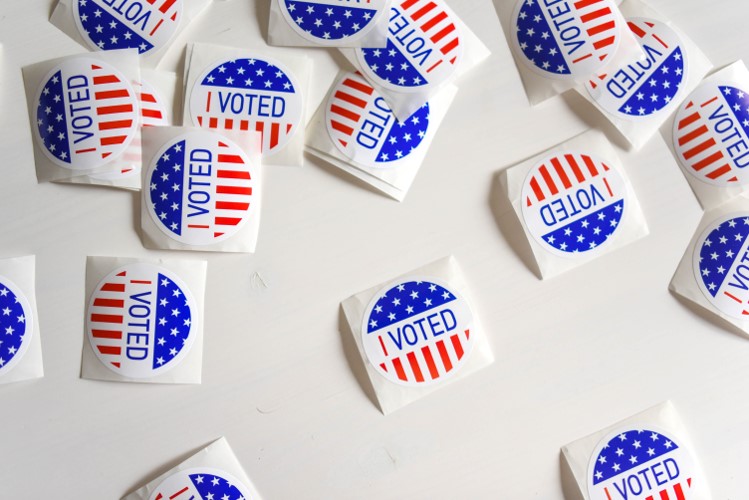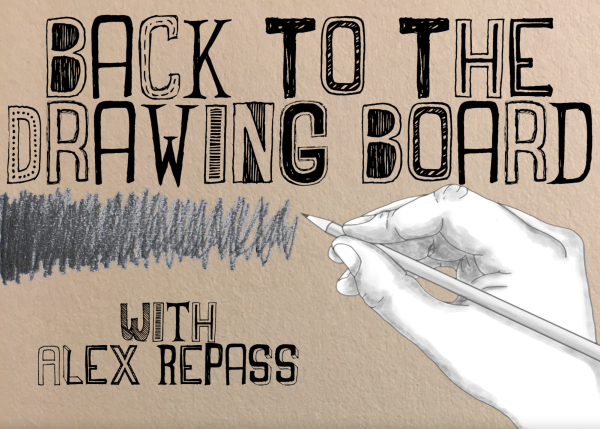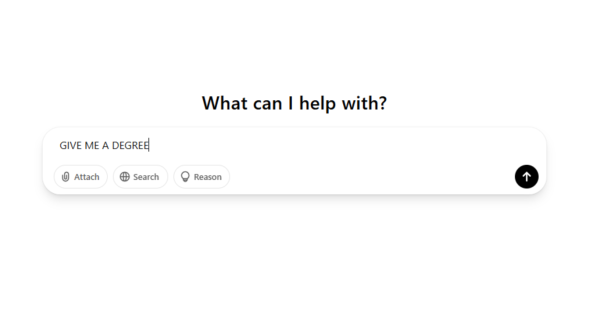The case for ranked choice voting
The upcoming election has many people concerned, whether it’s the who people will vote for, the candidates themselves or the concern of voter suppression. Whatever it is, many people are unaware of the benefits of switching the voting system to what is called ranked choice voting.
Ballotpedia gives a simple explanation of ranked choice voting:
1. Voters rank the candidates for a given office by preference on their ballots.
2. If a candidate wins an outright majority of first-preference votes (i.e., 50 percent plus one), he or she will be declared the winner.
3. If, on the other hand, no candidates win an outright majority of first-preference votes, the candidate with the fewest first-preference votes is eliminated.
4. All first-preference votes for the failed candidate are eliminated, lifting the second-preference choices indicated on those ballots.
5. A new tally is conducted to determine whether any candidate has won an outright majority of the adjusted voters.
6. The process is repeated until a candidate wins a majority of votes cast.
While this system has already been implemented in certain towns and cities in the U.S., Maine is the only state to have implemented ranked choice voting at the state level. Two states, Alaska and Massachusetts, have ranked choice voting on the ballot in November. The Committee for Ranked Choice Voting argues that it “ensures that candidates with the most votes and broadest support win, so voters get what they want.” They also say it “levels the playing field for all candidates.”
One of the most notable supporters of ranked choice voting is former 2020 presidential candidate Andrew Yang, who implemented it into his campaign before dropping out. Yang echoed the committee’s point of view, explaining that “we’re at a point where we need new ideas and new voices and new approaches to solutions, and our political machinery is not very well designed to provide that.”
Ranked choice voting is not without its critics, however. Many people argue that it is too “complicated” for voters to understand at first, and would take time to fully understand how it works. The Massachusetts Republican Party argued that ranked choice voting “raises the potential for rigging and gaming elections.”
While I can understand the criticism, I firmly believe that the voting system in America is desperately in need of reform, and ranked choice voting is an ideal remedy for that. As someone who will be voting in Massachusetts, I hope that others follow suit and vote to change the system for the better. The more states that vote for ranked choice voting, the closer we get to having the presidential election be decided by it, a decision that will give each voter much more of a say in who becomes president.

Luke Brennan is the Editor-in-Chief of The Hawks' Herald, previously serving as Managing Editor (2021-2022), Opinions Editor (2020-2021) and as a...






